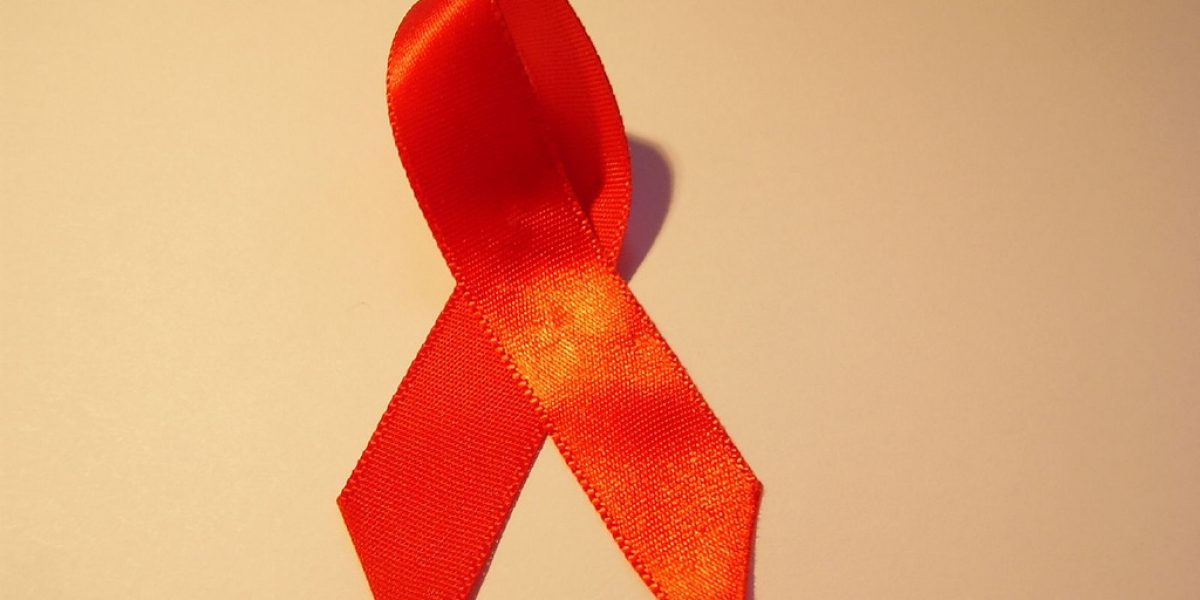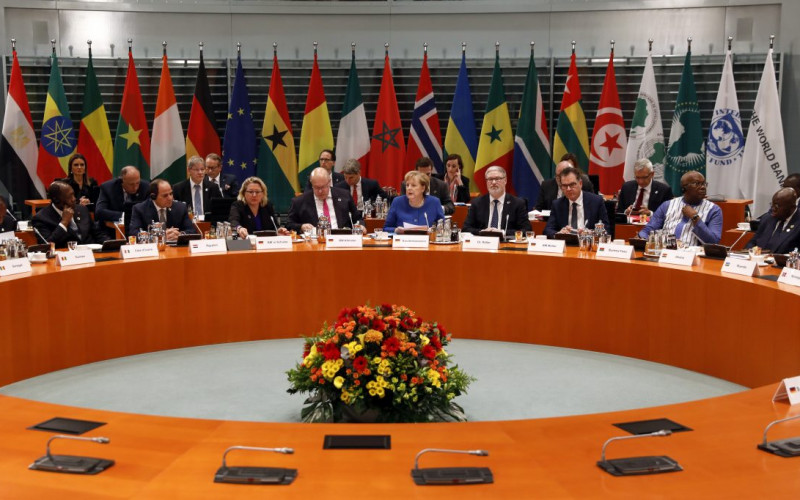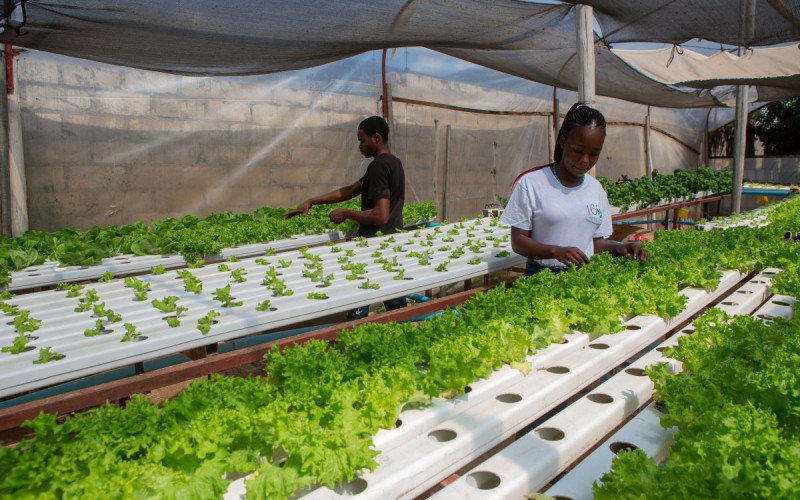Often they’re alarmist and wrong. As predictable as we humans are, our collective narrative still pivots – more and more frequently, it seems – on the unpredictable: the course of events, the hidden calculations of individuals, breakthroughs in science.
But scenarios, like morality plays, can be highly instructive if plausibly constructed. A new report by the UN imagines three trajectories for Africa’s future based on how its leaders respond to HIV/AIDS now. It begins by identifying five ‘drivers’ of the epidemic in Africa: a breakdown of social cohesion; the influence of cultural and religious belief systems; the effective or ineffective use of resources; the generation and application of knowledge; and power equations and application of authority.
These are factored into each of the three scenarios. In the first, called ‘Tough Choices,’ HIV/AIDS is addressed as part of a coherent strategy for national development. Uganda is the model. The imperative of prevention drives economic, social and ethical choices. The epidemic grows for another decade as the population swells, but then slowly tapers off.
The second scenario, ‘Traps and Legacies,’ is a portrait of the consequences of failing to end the cyclical nature of poverty in Africa, stabilise societies and break the addiction to aid. Grasping at ‘fractured’ responses and silver bullets, African leaders perpetuate patterns of underdevelopment that enable the epidemic to thrive, and by 2025, another 65 million Africans have become infected. This, sadly, is the current course in much of sub-Saharan Africa.
Finally, in the third scenario, called ‘Times of Transition’, health, development, trade, security, good governance and healthy international relations are recognised as integral. Engaging local and foreign stakeholders in building robust economies and vibrant societies, African leaders reverse current infection rates and the epidemic declines.
Which history will Africa write? In this edition of eAfrica, we highlight the neglected issue of nutrition as part of the response to HIV/AIDS, if for no other reason than to underscore that singular approaches won’t alter the epidemic’s course. AIDS generates frightening statistics. But the world is thinking more constructively about Africa than at any previous time. A rare window of opportunity exists. African leaders should take it. Meeting complex development problems with complex coherent solutions, it is possible to prevent AIDS from destroying the continent. As the UN report points out, ‘it is not inevitable.’







